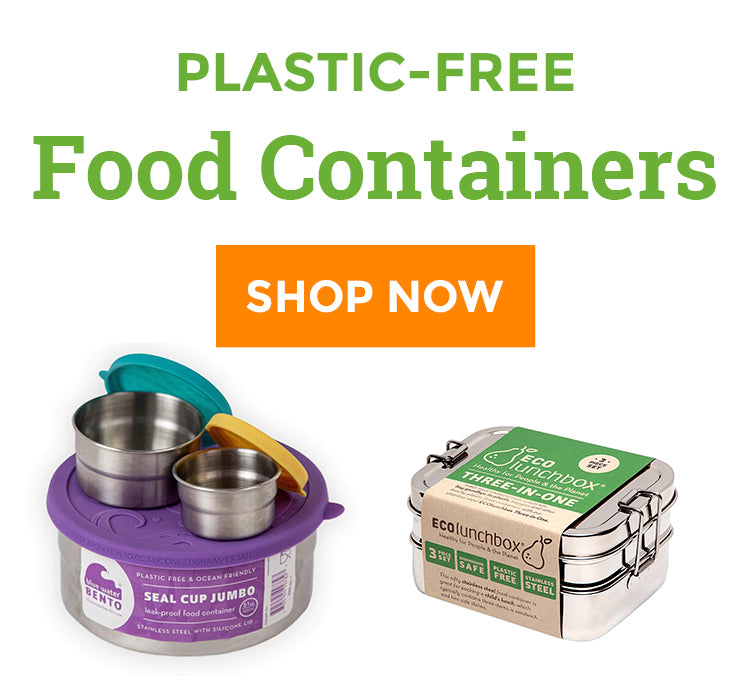Waste Not, Want Not Thanksgiving Hacks

More isn’t always better, especially when it comes to hosting an eco-friendly Thanksgiving. While it’s tough to imagine there ever being too much pumpkin pie, the old adage “waste not, want not” offers great guidance during this season of celebration.
The zero waste lifestyle is in vogue recently, but the origins of this wise phrase heralding the benefits of mindful consumption date back nearly 500 years. Since 1772, the turn of phrase has been “waste not, want not, but the origins of these sentiments were first recorded in 1576 as “willful waste makes woeful want.”
No one wants Thanksgiving to be woeful, so to guide you in your preparations for a Thanksgiving that’s less cost, less food waste and less garbage. Here are a few waste-not Thanksgiving hacks to send you on your eco-friendly way.
Give Guests A Zero Waste Heads-up
Hosting a zero waste celebration is a team sport. As the saying goes, there’s no “I” in team, so clue your guests into your eco-friendly plan from the outset. Let them know you’re planning an eco-friendly event and ask for help!
Ask you guests to bring potluck contributions in reusable containers with lids (instead of foods packed in plastic clam shells or topped with plastic wrap) and reusable serving spoons.
If you’re short of cutlery, dishes, cloth napkins, glasses, dessert plates or other reusables, avoid buying single-use items and instead ask your guests to bring reusables from home.

Right Size Your Portions
Running short of food at Thanksgiving is the last thing you’d want to do, but too many leftovers won’t fit in the fridge and can end up spoiling before they’re eaten.
If you’re new to portion planning, try using “The Guest-Imator” app by the Natural Resources Defense Council. The app will guide you through simple Q&A, such as guest headcount, whether they’re big or small eaters, and your desired quantity of leftovers. Based on your specs, the app will suggest how many dishes to prepare and in what quantities.
Bulk Shop Specialty Ingredients
Seasonal dishes often call for specialty ingredients that you’re not apt to use for everyday meals. Whether it’s the dried cranberries and hazelnuts for the special salad or wild rice for the stuffing, what’s the chance you’ll be using leftovers of these ingredients? Probably low.
Instead of buying pre-packaged ingredients in larger quantities than you need, buy just the amount called for in your recipes by shopping in bulk. Bring your own reusable ECOlunchbox containers, like our Blue Water Bento tins with tare weights etched on the bottom, or a mason jar from home. Get a little of this and a little of that in the dry goods bulk section, olive bar or cheese case at your local natural grocery store.
When you’re done with your food prep, you’ll have used up your ingredients so you don’t have odds and ends to store for unlikely future use.
Signage is Key
Hide the trash can. If they can’t find it, your guests will look for other options. Make signs for compost and recycling so people know what goes where. Guests will be happy to help if they know your system. Set up a labelled tub of soapy water for utensils or a DIY dishwasher loading station.
Remember, the zero waste lifestyle is a team sport, so don’t do all the work yourself.

Stash Your Leftovers Free of Plastic!
Leftovers are the boon and bane of Thanksgiving. Yum! It’s great to get a second bite at favorite flavors, but it can be a hassle to pack the extra food away without making waste by using plastic wrap and other throwaways.
Plan ahead when it comes to leftovers so you have reusable containers and plastic-free options for keeping the extra food sealed and stored in your refrigerator. There are many great plastic-free options for storing food to swap out for Ziploc bags and plastic wrap.
Have on hand plastic-free food storage options, such as stainless steel food containers, Mason jars and other glass containers with lids, beeswax fabric wraps, recycled aluminum foil and silicone bowl covers. If you’re gifting leftovers to your guests, ask them to bring their own reusable containers.
About the Author
Sandra Ann Harris is the author of “Say Goodbye To Plastic: A Survival Guide For Plastic-Free Living” published in October 2020 by Hatherleigh Press. Her passion is protecting the oceans by reducing people's dependence on plastics. Her company ECOlunchbox, which she founded in 2008, innovates and sells high-quality, plastic-free food container solutions. She has a diverse background in business consulting, product development, investigative journalism, and digital marketing strategy, along with her work in the non-profit sector for a humanitarian aid organization. She lives in the San Francisco Bay Area with her family.





